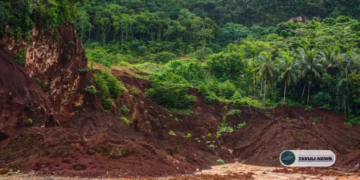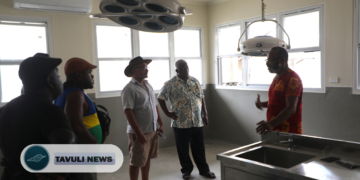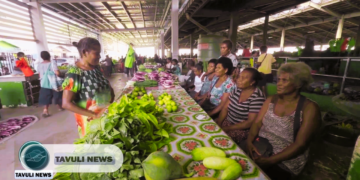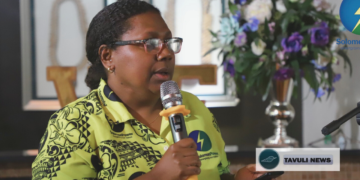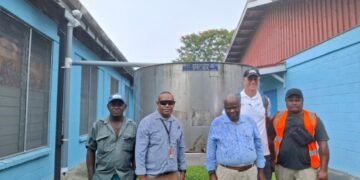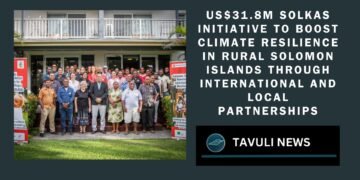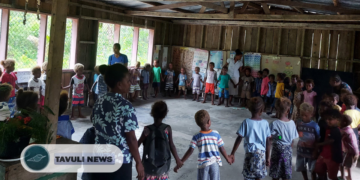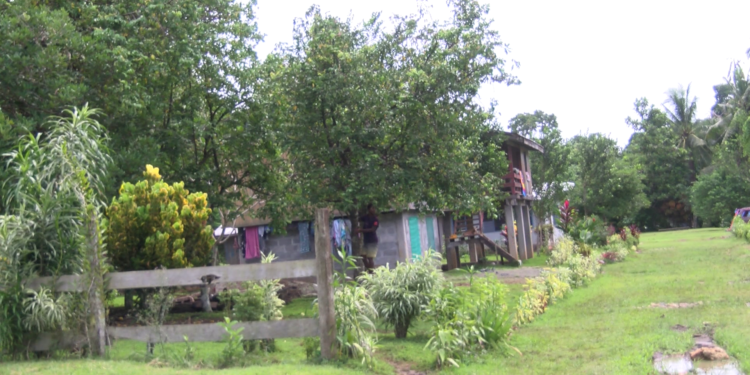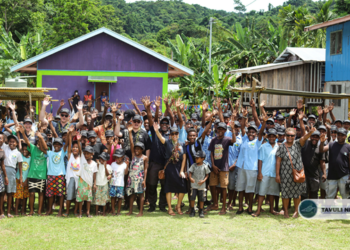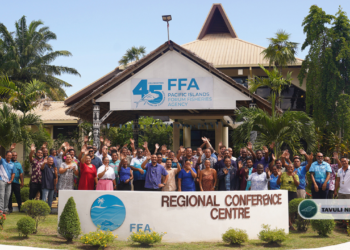Namoraoni village is putting an end to open defecation by building toilets in their community to share.
Namoraoni village in Central Guadalcanal, Solomon Islands, is rejoicing over their remarkable achievement – putting an end to Open Defecation (NOD), signifying their unwavering commitment to proper sanitation and hygiene practices. This significant milestone was made possible through the collaborative efforts of the villagers and the support of various organizations.
For years, open defecation posed serious health risks to the community, especially to women and girls, who faced safety concerns. Villagers were resorting to using the river and defecating in nearby bushes, resulting in an unpleasant smell that permeated the area.
The statistics in the Solomon Islands concerning access to improved toilets in rural areas have been troubling, with only 18 out of 100 people having access to such facilities. More than half of the rural population did not have access to toilets and practiced open defecation, further exacerbating the sanitation challenges in the region. Before this achievement, only 20 out of 4,000 villages had managed to attain NOD status, underlining the dire need for improvement.
To address this issue, the No to Open Defecation project was initiated in the Malango ward, aiming to inspire 21 villages in the area to construct proper toilets and abandon open defecation practices.
The Ministry of Health’s Sustainable Sanitation Plan seeks to enhance sanitation and hygiene practices not only in the Malango ward but also across provinces and the nation as a whole. To achieve this, they have adopted Community Led Total Sanitation (CLTS) and other innovative initiatives to raise awareness and promote sustainable sanitation practices.
In support of the Ministry’s plan, UNICEF with funding support from the Australian Government has collaborated with the Guadalcanal provincial government to implement the toilet project, contributing vital resources and expertise to make this transformational change possible.
With ongoing efforts and partnerships between governmental and non-governmental organizations, it is hoped that more villages will join the NOD initiative, creating a cleaner, healthier, and more prosperous future for all residents of the Solomon Islands.

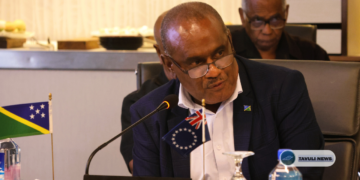
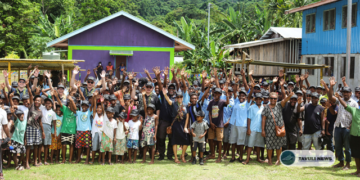

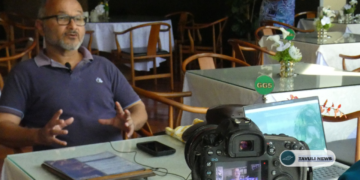
![Chovohio [left] and Charivunga [right] confluence, to create a dam for sediment control](https://www.tavulinews.com.sb/wp-content/uploads/2025/04/Add-a-heading-43-360x180.png)
